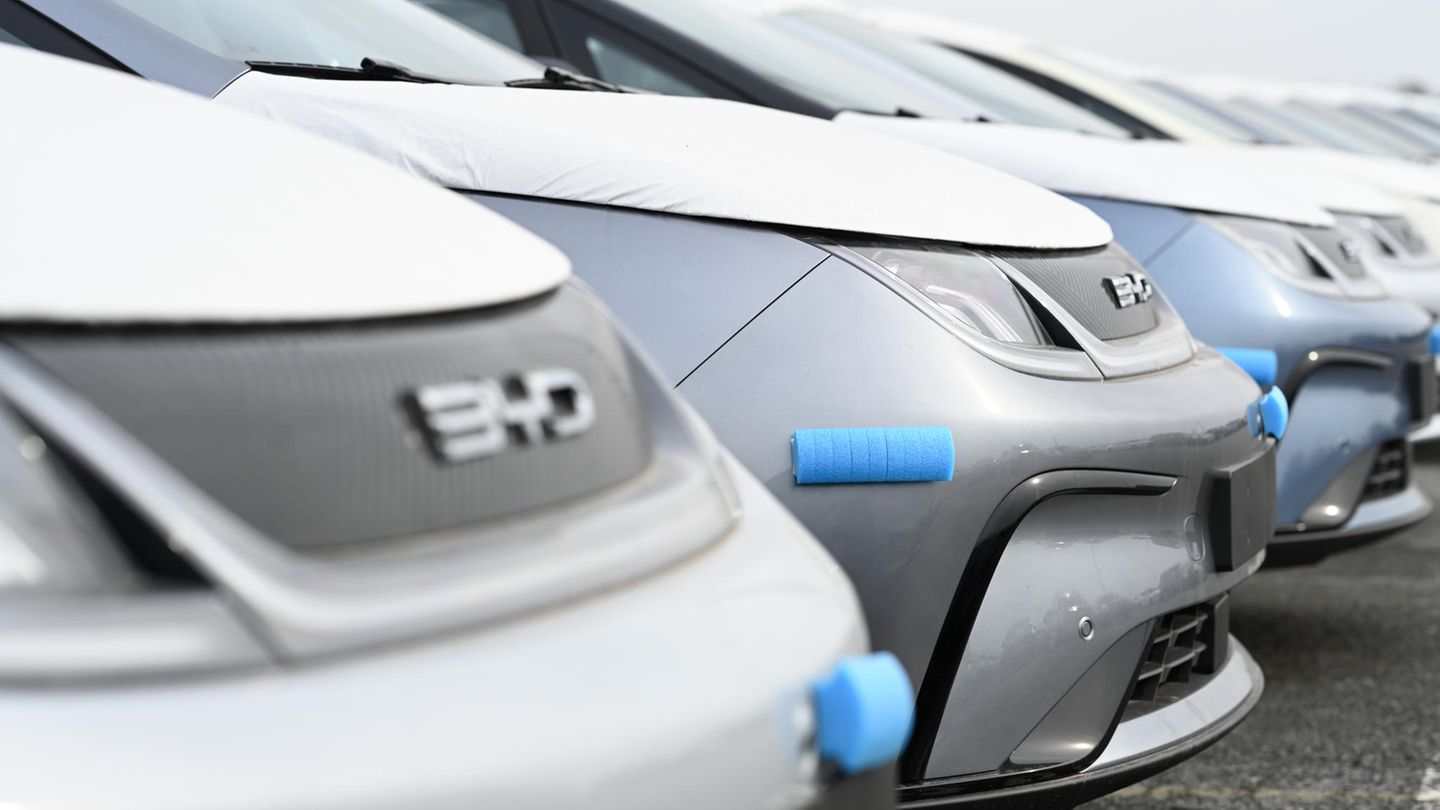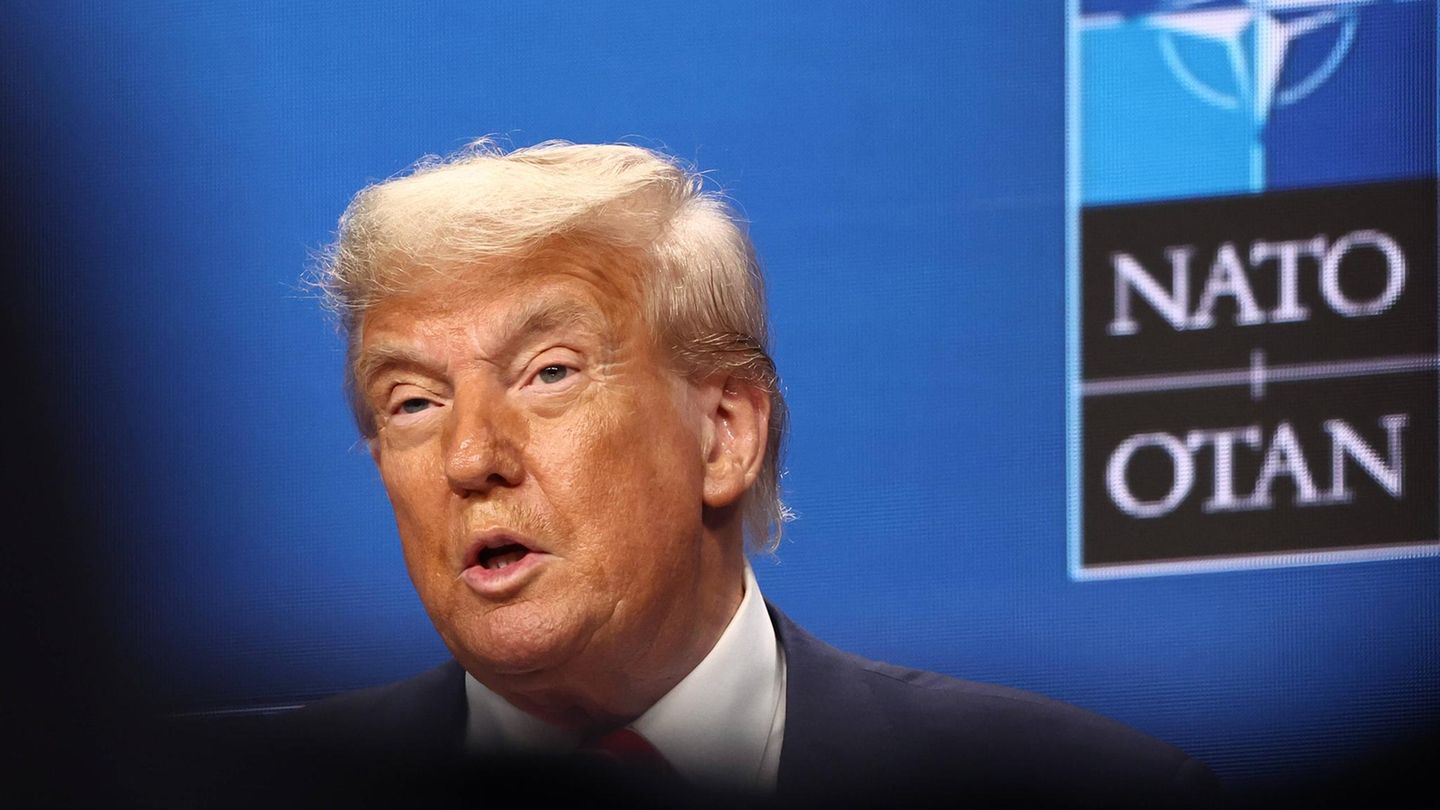Are electric cars from China now becoming more expensive? The EU Commission can decide whether to introduce punitive tariffs for the vehicles. The federal government was against it.
The EU can impose additional tariffs on electric cars from China against Germany’s resistance. A sufficient majority of EU states have not spoken out against the plan, as several EU diplomats confirmed to the DPA news agency. However, there was no clear vote in favor of the tariffs. This means that the EU Commission can decide to introduce taxes of up to 35.3 percent.
Germany was unable to assert its position. The most populous EU country voted against the tariffs in Brussels. In order to prevent this, a majority of the EU states, which together make up at least 65 percent of the total population of the EU, would have had to speak out against the project.
Dispute in the federal government over e-car tariffs
According to information from diplomatic circles, in the end ten EU states voted for the measure and twelve abstained. Only five spoke out openly against the tariffs. According to the information, the opponents of the taxes represent a good 20 percent of the EU population.
The federal government was also initially divided in the EU customs dispute until Chancellor Olaf Scholz (SPD) made a decision shortly before the vote and spoke out in favor of Germany saying no. In the traffic light coalition, the FDP-led ministries of finance and transport pushed for a German no vote in Brussels. Scholz was also critical of possible punitive tariffs. The Green-led economic and foreign ministries, on the other hand, had advocated abstaining from the vote in Brussels in order to continue looking for a negotiated solution with China.
The European Commission announced the additional tariffs after an investigation concluded that Beijing was promoting electric cars with subsidies that distorted the EU market. It is up to the Commission whether the import duties will come into force at the beginning of November. But if a solution with China is reached at the negotiating table in time, the tariffs can be stopped.
Source: Stern




